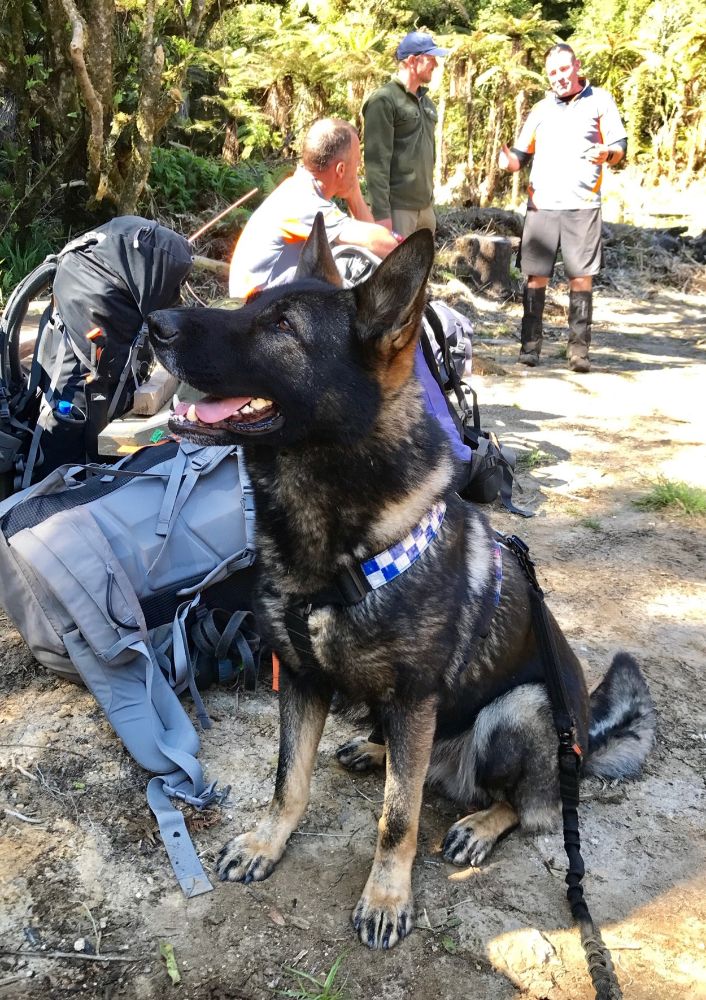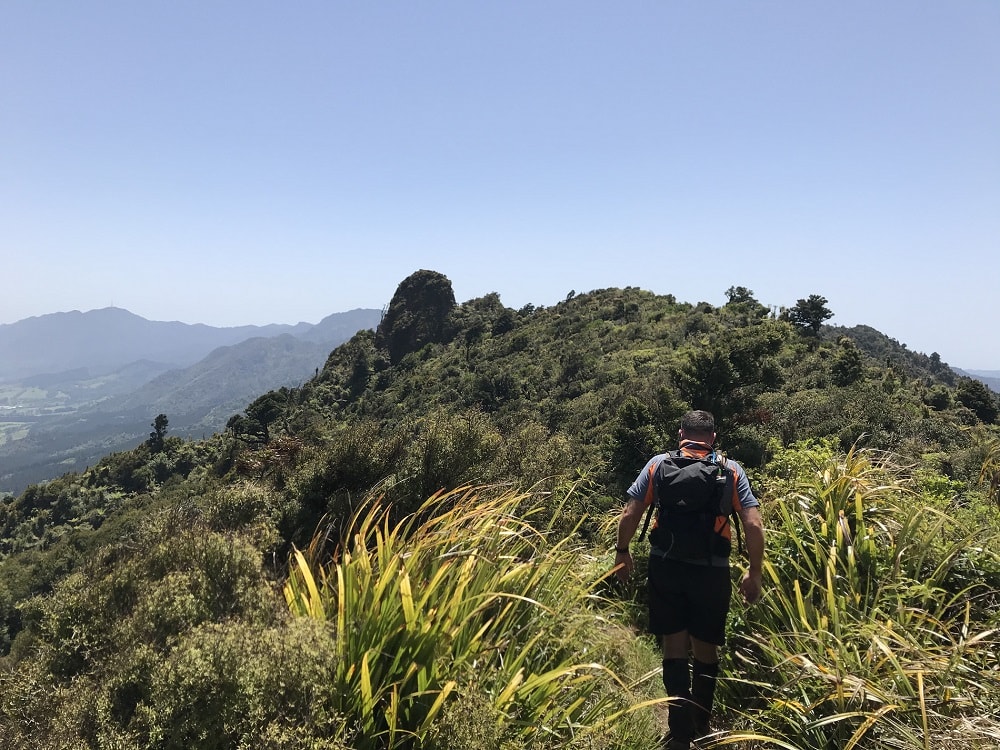"Providing search and rescue support for the lost, missing and injured"



Our SAR operations are provided free of charge to the victim and the government.
Consequently, we require outside funding to help us keep our protective
gear and equipment up to date and operating at a safe standard.